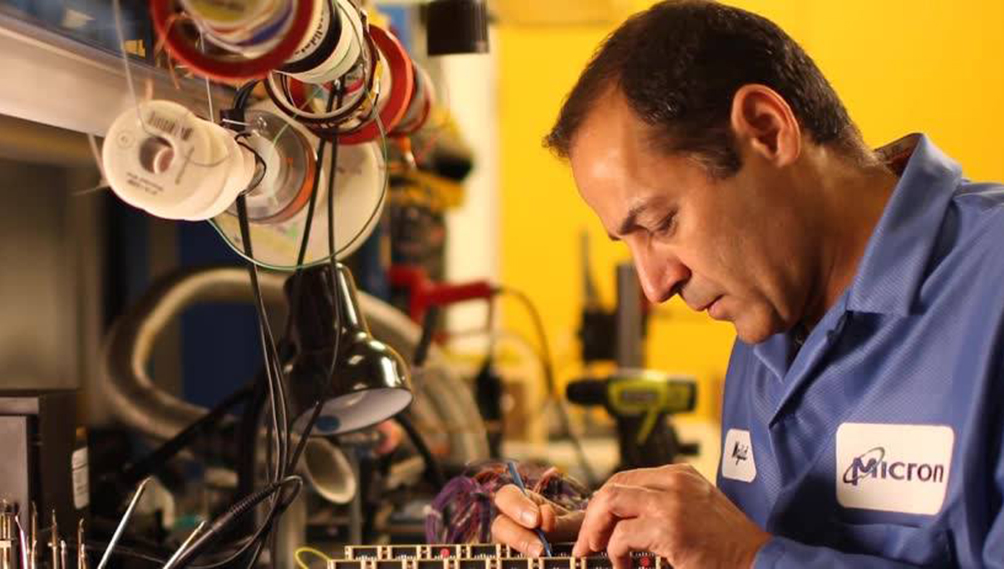
Micron Technology Fully Adopts RE for Its Hub and Operation Sites


April 20 – MICRON Technology says that its manufacturing, offices, and facilities in Malaysia are now powered by 100% renewable energy marking a new milestone in its sustainability goals.
The achievement advances the company’s commitment to responsible and sustainable leadership in its global operations across 17 countries.
Executive Vice President of Global Operations at Micron, Manish Bhatia, said Micron established ambitious sustainability goals last year to source renewable energy when and where feasible.
“Micron Malaysia is now the first location for the company and first business in Batu Kawan Industrial Park to reach 100% renewable energy and we applaud our team for the commitment to reduce our carbon footprint and its impact on the planet,” he said.
In achieving this, Micron has secured a Green Electricity Tariff (GET) for both of its sites in Malaysia, Micron Memory Malaysia Sdn Bhd and Micron Semiconductor Malaysia Sdn Bhd.
GET is a government initiative to aid the country’s goal of achieving net-zero greenhouse gas emissions by 2050.
It is noted that the subscribers to GET purchase their electricity from solar or hydroelectric generators instead of fossil fuels to reduce their carbon footprint.
As a result, Micron’s manufacturing and engineering operations in Malaysia will use 100% renewable energy and achieve 100% reduction in carbon dioxide emissions, equating to approximately 120,000 metric tons of carbon dioxide or more per year.
“The estimated carbon emission is equivalent to removing 24,000 passenger vehicles from the road in a year,” it said.
Micron’s achievement aligns with and builds on Micron’s sustainability efforts. The company is committed to spending $1 billion by 2028 to meet its environmental targets.
This includes reducing greenhouse gas emission intensity by 75% between 2018 and 2030, achieving 75% water conservation and 95% waste diversion globally in 2030, and source 100% renewable energy across its U.S manufacturing operation by the end of 2025.
